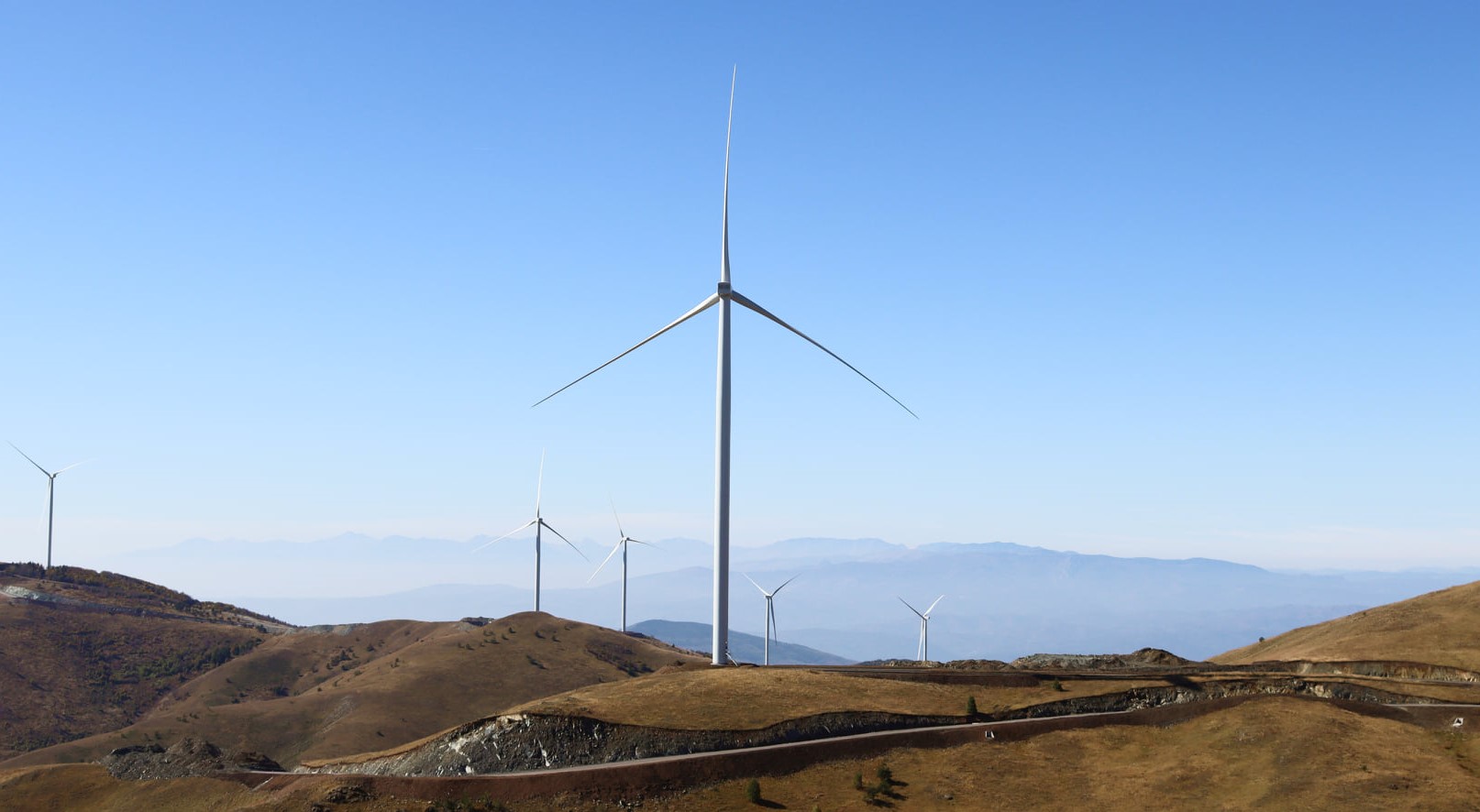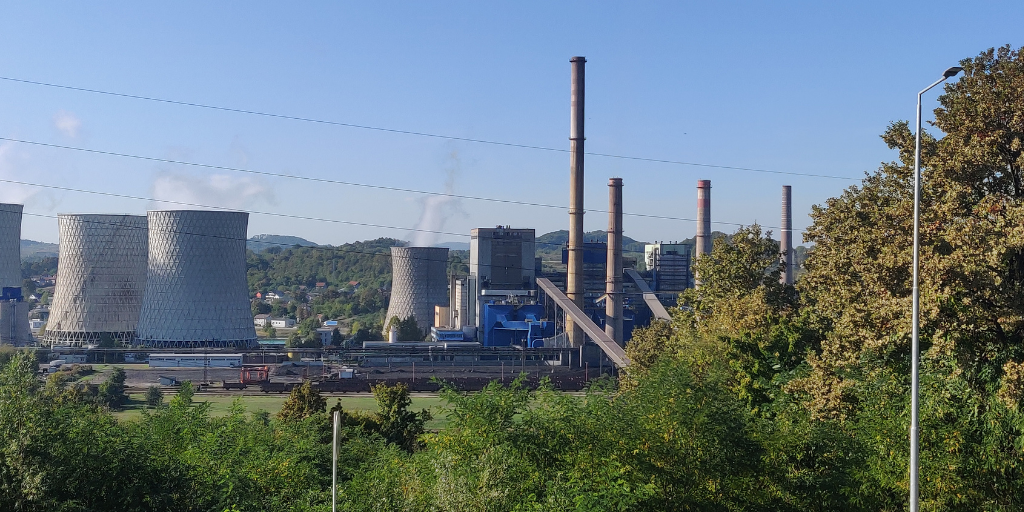
Southeast Europe Energy Policy Officer
Email: pippa.gallop AT bankwatch.orgTel.: +385 99 755 97 87
Pippa works as Bankwatch Southeast Europe energy advisor, with a specialisation in coal and hydropower in the Western Balkans. She is based in Zagreb, Croatia and speaks English, Croatian and rusty German.
More from Pippa Gallop
EIB moves to curb intermediated hydropower financing
July 29, 2022 | Read more
The EU’s house bank has recently updated its exclusion list, a document detailing what kind of projects it will not finance. This finally closes a long-standing loophole allowing ill-suited intermediaries to finance hydropower projects.
In an attempt to end reliance on Russian gas, the European Commission is seeking to speed up renewable energy deployment. But its proposals threaten to erode decades of hard-won EU environmental and public consultation achievements.
Kosovo’s parliament is currently scrutinizing a new law on integrated pollution prevention and control. Its aim is positive – to tighten Kosovo’s standards. But as written now, it risks doing the opposite.
In 2020, Montenegro received widespread praise for being the first Western Balkan country to introduce carbon pricing. Less than a year later, however, the scheme’s shortcomings were exposed. What can other Western Balkan countries learn from this experience?
Yesterday the Federation of Bosnia and Herzegovina’s Parliament voted to extend the lifetime of the antiquated Tuzla 4 and Kakanj 5 coal units, in clear breach of the Energy Community Treaty. The move condemns the public to yet more lethal air pollution.





